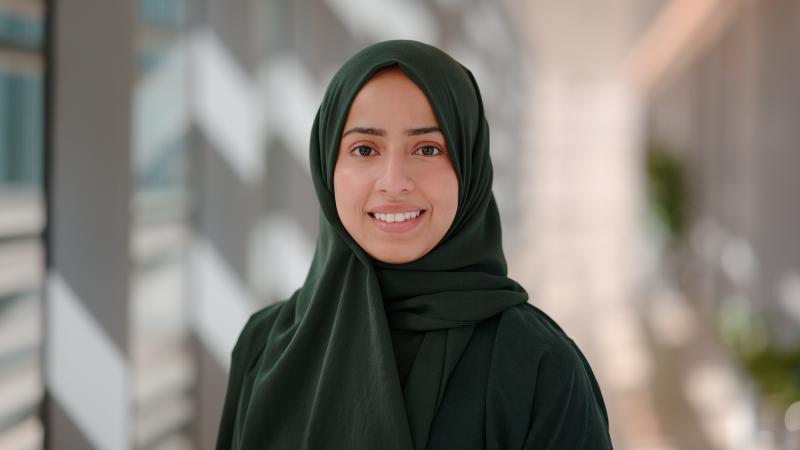Abstract
Liquid metal(LM)-based electronics have the potential to shape the future of intelligent systems, soft robotics, and wearable technologies by leveraging their sensing, actuation, and computational capabilities. This talk will discuss methods to harness the unique properties of liquid metal for applications in wearable sensors, soft actuators, and reconfigurable electronic platforms. Owning to their remarkable electromechanical properties, liquid-metal-based inertial sensors will be introduced, offering a fatigue-free alternative to conventional MEMS-based sensors. These integrated wearable platforms are ideal for wearable applications and soft-human-machine interfaces. Moreover, the seminar will demonstrate the modulation of liquid metal’s surface tension through electrocapillary and electrochemical oxidation mechanisms via the development of a generalized liquid metal (LM) actuation platform. Utilizing an electric field as a stimulus and operating at low voltages, the platform demonstrates practical applications in robotics and computational tasks. Finally, a facile method for the patterning of liquid metal on soft substrates based on selective surface wetting is shown, addressing challenges of existing methods for the fabrication of liquid metal soft devices that seamlessly integrate with the human body.
Brief Biography
Dr. Wedyan Babatain is currently an Ibn Rushd postdoctoral scholar at Massachusetts Institute of Technology (MIT) Media Lab . She has an interdisciplinary background obtaining a bachelor’s degree in biomedical engineering with a minor in bio-Electrical Engineering from the University of Delaware, USA, in 2017, and a master’s degree in electrical engineering from King Abdullah University of Science and Technology (KAUST), KSA, in 2019. Her research focused on developing a wearable closed-loop feedback transdermal drug delivery platform. In 2022, Dr.Babatain received her Ph.D. in Electrical Engineering from KAUST where she focused on developing liquid metal-based inertial sensors for motion monitoring and human machine interfaces. Her research topics of interest include sensors, actuators, microfluidics, flexible and soft electronics and robotics. She received the King Abdullah Scholarship Program (KASP) awarded by the Ministry of Education to complete her undergraduate studies in the US, the KAUST Graduate Fellowship for her graduate studies and the Ibn Khaldun and Ibn Rushd Fellowship for her postdoctoral research at MIT. Dr. Babatain has also been selected among the 2022 UT Austin EECS Rising Stars , the Innovators under 35 by MIT Technology Review Arabia and Forbes 30 under 30 list for the Middle East. She was a finalist at the 2022 SXSW Innovation Awards and has presented her research projects prototypes at CES, SXSW, and IDTechEx. She is a member of the IEEE, BME society, and the secretary of the Electron Devices society chapter of western Saudi Arabia.

